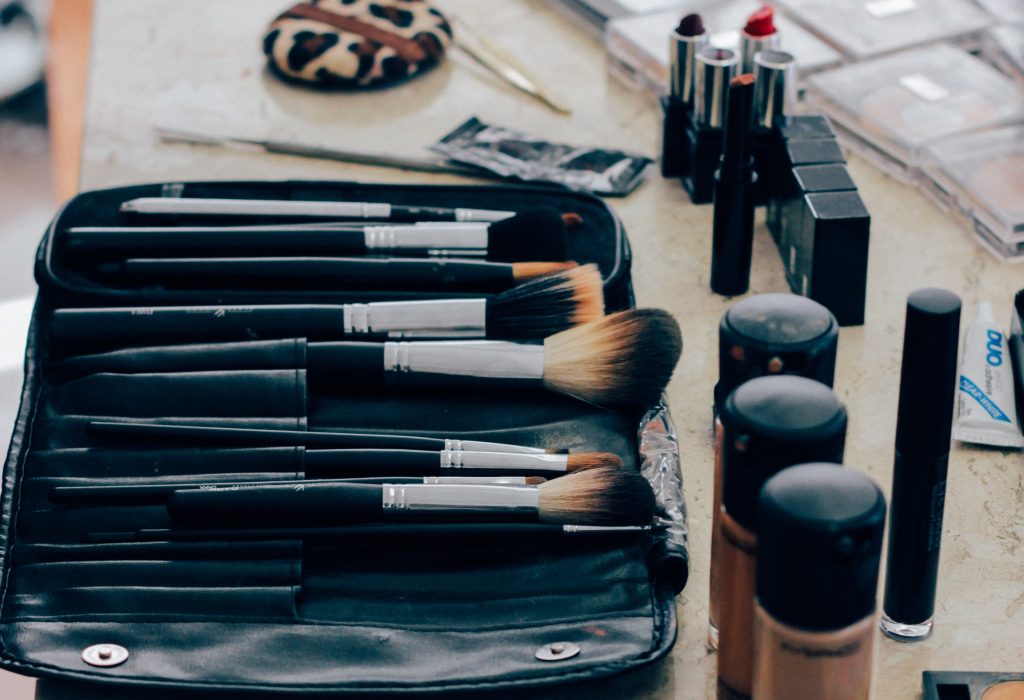
Makeup has been a fun and longstanding tool for people to create a brand-new outlook for themselves to present to the world. Personally, I find it useful to cover the lingering effects of that morning’s hangover. Most people would have been exposed to makeup from age 12 or 13, going through the stages of experimentation as they move through puberty and secondary school. With the abundance of makeup tutorials and the wide array of makeup brands we have access to, the world of makeup has never been the same. There are hundreds of YouTube channels and Instagram accounts that are dedicated solely to makeup reviews, hauls and specialised looks for every occasion imaginable. It is wonderful that there is an opportunity for creativity to strive and for people to utilise makeup at their leisure. But when does it stop being a fun hobby and becomes something that is actively taking over our lives without us even realising it?
A few months ago, author Zadie Smith spoke about the makeup time limit she has imposed on her daughter. Her daughter, who is 7-years old, is only allowed to devote 15 minutes a day to her makeup routine. To some, this may seem ridiculous, but she may be onto something here. Smith’s limit came about when she saw the differences in the daily routines of her son and daughter and explained to her daughter that she was simply “wasting time” by committing herself to an extensive makeup routine.
But when does it stop being a fun hobby and becomes something that is actively taking over our lives without us even realising it?
With the prevalence of trends such as contouring, baking and highlighting, all of which take up an immense amount of time, is makeup now something we feel like we have to do rather than something we want to do? Societal pressures of beauty are ever increasing and makeup contributes to that significantly, particularly with young girls. In this day and age, with the influence and impact of social media, young girls are increasingly at risk of developing self-esteem issues because they want to look ‘beautiful’ for likes on Instagram. These issues are exacerbated by makeup as children grow up with the idea that their natural face isn’t enough, that it must be improved upon with seven layers of foundation and six coats of mascara.
Let me be clear here, I think that, to a certain extent, makeup can be great and I am definitely an advocate for any person choosing what they want to do with it. However, with children’s self-esteem and future mental wellbeing at risk because of its intense influence, there may be an argument here to limit makeup’s prolific nature and impress upon those who use it that makeup is not a substitute for a person’s self-esteem.
